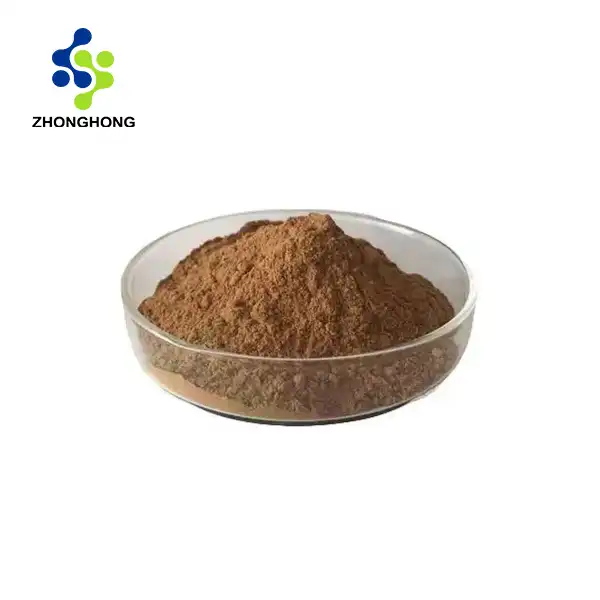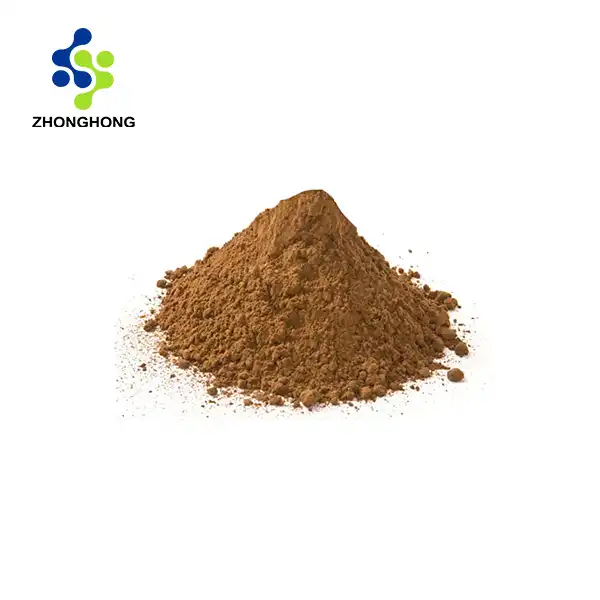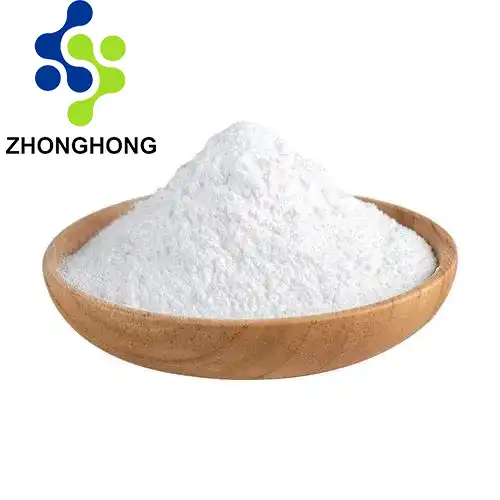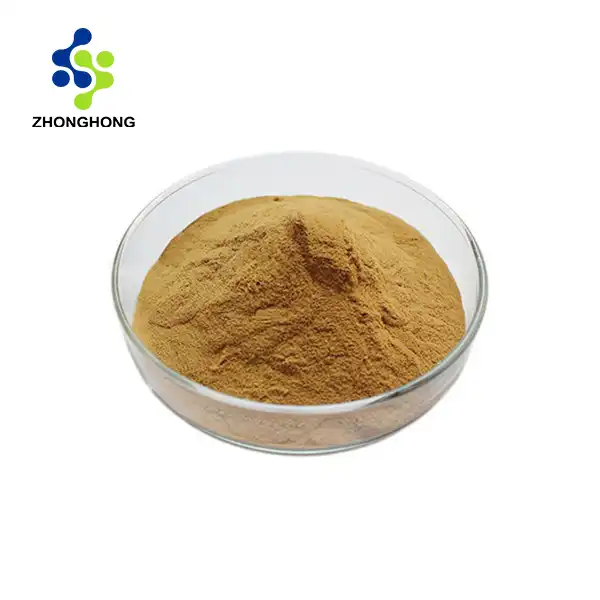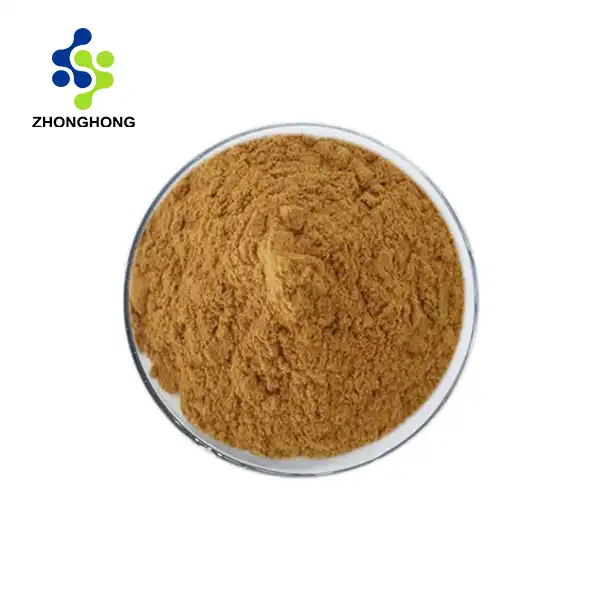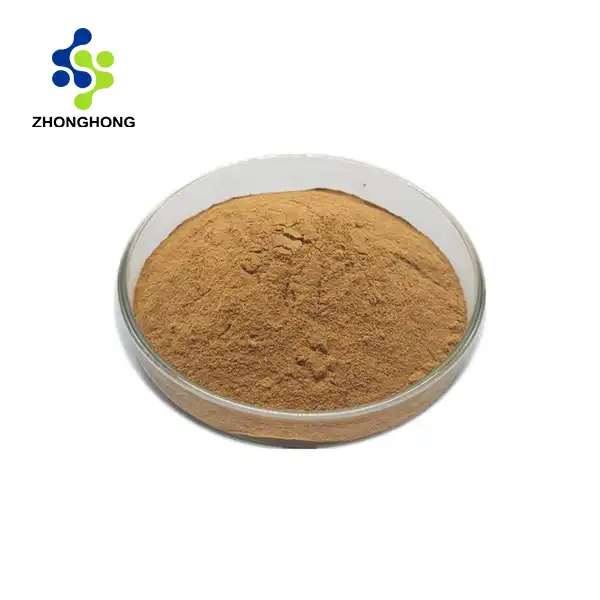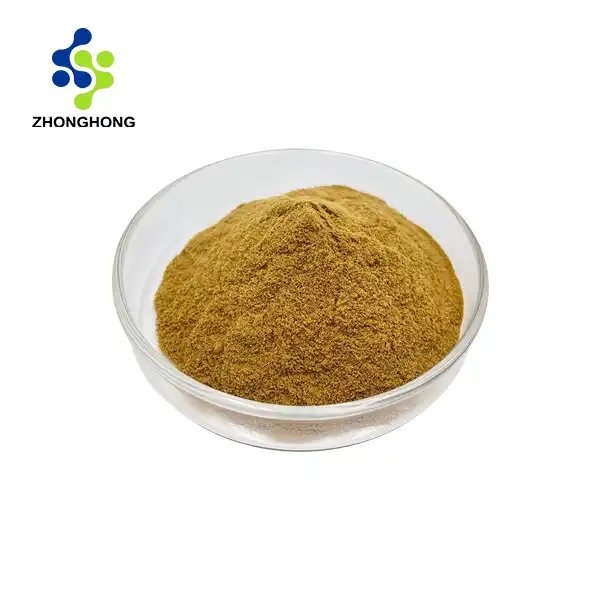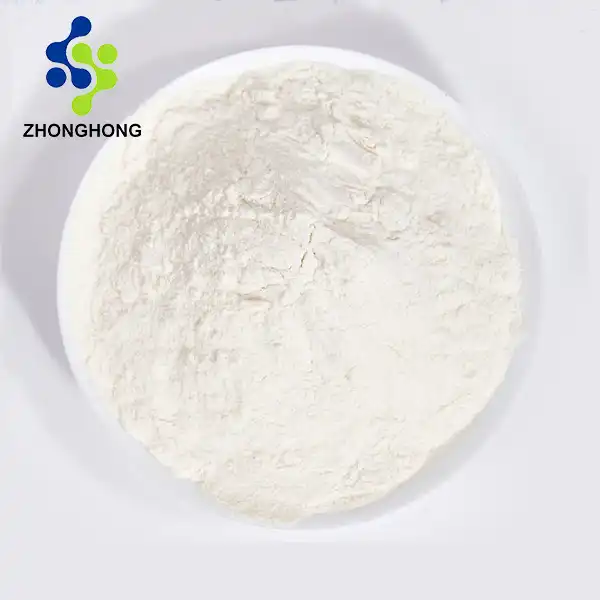Can Konjac Glucomannan help with diabetes?
2024-11-15 21:04:51
Yes, Konjac Glucomannan can potentially help manage diabetes, but it’s important to understand the full picture of how it works and why it’s effective. This natural, water-soluble fiber, derived from the root of the konjac plant, has been studied for its ability to slow down carbohydrate absorption, regulate blood sugar spikes, and promote overall glycemic control. Its high viscosity forms a gel-like consistency in the stomach, which prolongs gastric emptying and improves insulin sensitivity. While research shows promising results, it should always be used as a complementary measure alongside medical advice and other diabetes management strategies.
How Does Konjac Glucomannan Impact Blood Sugar Levels?
Konjac Glucomannan is often praised for its unique ability to influence blood glucose metabolism in multiple ways. Here's a closer look:
Slowing Carbohydrate Absorption
Konjac Glucomannan’s gel-forming properties make it particularly effective at slowing down the digestion and absorption of carbohydrates. By delaying the breakdown and absorption of glucose in the digestive tract, it prevents sudden spikes in blood sugar levels after meals. This gradual glucose release helps stabilize blood sugar over time, an important factor for people managing diabetes.
Enhancing Insulin Sensitivity
Insulin resistance is a common issue in Type 2 diabetes, and research suggests that Konjac Glucomannan can help. Its impact on gut microbiota may improve insulin sensitivity. Healthy gut flora play a crucial role in regulating metabolic processes, and the prebiotic nature of Konjac Glucomannan can encourage the growth of beneficial bacteria, thus supporting better insulin response.
Reducing Postprandial Blood Glucose
Several clinical studies have shown that consuming Konjac Glucomannan before meals can lead to a significant reduction in postprandial (after eating) blood glucose levels. By forming a barrier that slows the passage of food through the digestive system, it minimizes rapid glucose uptake and encourages a more consistent and controlled blood sugar level.
Is Konjac Glucomannan Safe and Effective for Diabetes Management?
For individuals considering Konjac Glucomannan as part of their diabetes management plan, safety and efficacy are key considerations:
Evidence from Clinical Studies
Several academic publications have provided strong evidence for the impact of Konjac Glucomannan on managing blood glucose levels. Studies featured in reputable scientific journals show that consistent consumption can help reduce both fasting blood sugar and hemoglobin A1C levels - a key indicator of long-term glucose management.These findings are particularly promising, as they suggest potential benefits for people dealing with conditions characterized by irregular glucose control or diabetes. Nevertheless, the scientific community continues to seek further substantial research in larger scale trials and over longer periods of time to firmly establish Konjac Glucomannan's role in blood glucose regulation. This would provide a comprehensive understanding of its long-term effectiveness and potential side effects for health professionals to recommend it more confidently.Therefore, while preliminary data provides encouraging signs about the benefits of Konjac Glucomannan on blood glucose control, further research remains necessary before definitive conclusions can be made. Consulting with healthcare providers is also advisable for personalized advice regarding dietary supplements based on individual health statuses and conditions.
Dosage and Administration
The precise amount of Konjac Glucomannan that suits you depends on your specific health requirements and medical background. Research indicates that doses ranging from 1 to 4 grams consumed prior to meals might yield advantageous outcomes. It's essential to ingest this dietary supplement alongside an ample volume of water, ideally around 250ml, to minimize the risk associated with choking or potential bowel blockage.For personalized guidance on dosage, it is advised to consult a healthcare professional who can assess your overall health and prescribe the appropriate amount based on your individual needs. They might consider factors such as age, weight, any existing conditions, and current medications before recommending how much Konjac Glucomannan you should take to benefit effectively from this supplement while minimizing risks.
Potential Side Effects
While Konjac Glucomannan is generally regarded as safe and well-tolerated by most individuals, there may be instances where side effects are observed. These might include bloating, gas production, or digestive discomfort which can often manifest when the fiber content of one's diet suddenly increases. The symptoms tend to be mild in nature and could potentially be alleviated through a slow introduction of the supplement into the diet.An important consideration is its potential impact on the absorption of medications, particularly those related to diabetes management. Due to Konjac Glucomannan’s effect on the digestive process, it may alter how these drugs are absorbed by your body which can affect their efficacy or possible side effects. Hence, incorporating this dietary supplement into your routine should always be done in consultation with a healthcare provider who is aware of all your ongoing medications and health conditions. This ensures that any adjustments made to your medication regimen do not interfere negatively with the effectiveness of your treatment.
What Are the Broader Health Benefits of Konjac Glucomannan for Diabetics?
Beyond blood sugar regulation, Konjac Glucomannan offers additional health benefits that may be advantageous for people with diabetes:
Supporting Weight Management
Weight control is a significant concern for many people with diabetes, and Konjac Glucomannan can play a crucial role. Its ability to expand in the stomach and promote a feeling of fullness can lead to reduced calorie intake, helping individuals achieve and maintain a healthy weight. Studies have shown that overweight participants taking Konjac Glucomannan experienced more effective weight loss than those using a placebo.
Improving Cholesterol Levels
People with diabetes are at a higher risk of cardiovascular disease, and managing cholesterol levels is critical. Konjac Glucomannan has been proven to lower LDL ("bad") cholesterol and total cholesterol levels by binding to bile acids in the gut, leading to their excretion. This reduces the liver's need to produce more cholesterol, promoting heart health.
Enhancing Digestive Health
Healthy digestion is important for everyone, especially those with diabetes. Konjac Glucomannan’s fiber content promotes bowel regularity and can alleviate constipation, a common problem in people with diabetes. Additionally, as a prebiotic, it nurtures beneficial gut bacteria, which in turn enhances nutrient absorption and boosts immune function.
Conclusion
Konjac Glucomannan holds great promise for aiding in the management of diabetes by regulating blood sugar levels, enhancing insulin sensitivity, and providing additional health benefits. However, it is important to use this natural remedy as a part of a comprehensive diabetes care plan and always consult a healthcare provider for guidance. For those interested in exploring the potential of Konjac Glucomannan Powder, it’s a viable option worth considering for improved metabolic health. If you want to get more information about this product, you can contact us at liaodaohai@gmail.com.
References
1. Slavin, J. L., & Greenberg, N. A. "Konjac Glucomannan: Dietary Fiber and Blood Glucose Management." Journal of Nutritional Science and Vitaminology.
2. Anderson, J. W., & Randles, K. M. "Dietary Fiber and Weight Control in Diabetic Patients." Diabetes Care.
3. Jenkins, D. J. A., et al. "Glycemic Index: Overview of Implications in Diabetes Management." American Journal of Clinical Nutrition.
4. Kovacs, E. M. R., & Westerterp-Plantenga, M. S. "Satiety Response and Appetite Regulation: The Role of Fiber." Obesity Reviews.
5. Vuksan, V., et al. "Reduction in Postprandial Blood Glucose by Konjac Glucomannan: Meta-analysis of Randomized Controlled Trials." Metabolism.
6. Li, J. S., & Liu, H. X. "Impact of Prebiotics on Insulin Sensitivity: Evidence from Animal and Human Trials." Journal of Endocrinology.
_1728976869676.webp)
